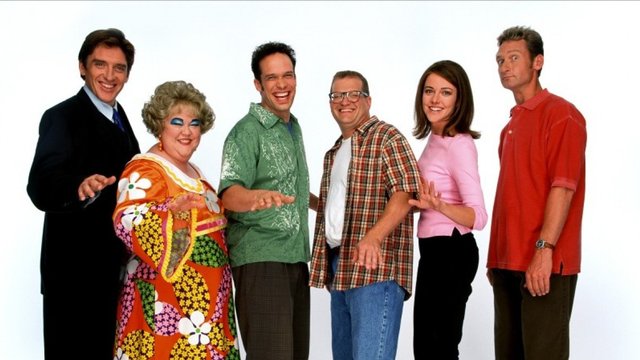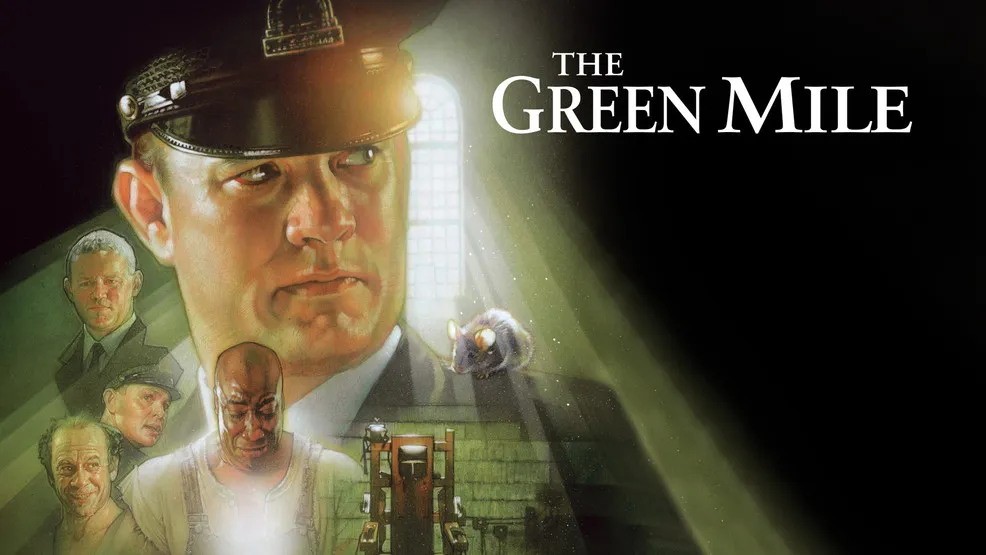"Chico and the Man" was a groundbreaking television sitcom that aired from 1974 to 1978, spanning four seasons. This series, created by James Komack, was known for its fresh take on race relations and social issues during a time of significant change in America. "Chico and the Man" brought together a diverse cast and addressed racial tensions and prejudices with humor, heart, and authenticity. In this article, we'll explore the significance of the show, its memorable characters, the impact it had on television, and how it remains a vital part of television history.
(Watch the video below)
The Genesis of "Chico and the Man"
The idea for "Chico and the Man" emerged during a period when American television was undergoing a transformation in its portrayal of race and social issues. The 1970s marked a time when many popular series began to address the complexities of American society more directly.
In this context, "Chico and the Man" was born. The show was set in a run-down auto repair garage in East Los Angeles and centered around the relationship between the cantankerous owner, Ed Brown, and a young Chicano named Chico Rodriguez, who comes to work for him. This unique premise provided a platform to address issues of race and socioeconomic disparities through the lens of humor and empathy.
The Characters and Cast
"Chico and the Man" featured a diverse cast of characters, each bringing a unique perspective to the show. The main characters were:
Ed Brown (Jack Albertson): Ed Brown, known as "the Man," was the gruff and irritable owner of the auto repair shop. Jack Albertson's portrayal of Ed was remarkable, as he managed to balance Ed's harsh exterior with a heart of gold underneath. His chemistry with the rest of the cast, especially Chico, was a key driver of the show's success.
Chico Rodriguez (Freddie Prinze): Chico was the young Chicano who came to work for Ed. Freddie Prinze's portrayal of Chico was both endearing and humorous. Chico's optimism, street smarts, and determination to improve his life made him a relatable and beloved character.
Louie Wilson (Scatman Crothers): Louie was a friend and neighbor of Ed, providing a humorous and insightful perspective on the events of the garage and the neighborhood. Scatman Crothers' performance added a layer of warmth and wisdom to the show.
Mabel King (Mrs. Brown): Mabel King played Ed's sister-in-law, Mabel, who often provided comic relief with her eccentric personality and fondness for gambling.
Raul (Isaac Ruiz): Raul was a young boy who frequented the garage, and his interactions with Ed and Chico added heartwarming moments to the series.
The ensemble cast's chemistry was one of the show's strengths, as it brought authenticity and depth to the characters.
Tackling Social Issues with Humor
"Chico and the Man" tackled social issues with a unique blend of humor, drama, and social commentary. It was unafraid to address difficult topics like racism, poverty, and prejudice, while using humor to provide insight and a sense of camaraderie. The show presented these issues through the lens of the relationship between Ed and Chico and their interactions with the diverse community around them.
The series also depicted the challenges faced by Chicanos in East Los Angeles and the aspirations of young Chicanos like Chico, who sought to better their lives and break free from stereotypes. This portrayal was groundbreaking for the era, as it offered viewers an authentic look into the struggles and aspirations of the Chicano community.
The Impact on Television
"Chico and the Man" had a significant impact on television and society during its run and beyond:
Diversity and Representation: The show was groundbreaking in its diverse cast and portrayal of racial and cultural diversity. It paved the way for more inclusive casting and representation in television.
Addressing Social Issues: The show was among the first to address social issues like racism, poverty, and prejudice, demonstrating that humor and empathy could be used to discuss challenging topics.
Challenging Stereotypes: "Chico and the Man" challenged stereotypes of Chicanos and showcased the potential for individuals to rise above their circumstances through determination and community support.
Comedy with Heart: The series proved that humor could be used to discuss important issues without trivializing them, creating a unique blend of comedy and drama that resonated with audiences.
Freddie Prinze's Rise: The show catapulted Freddie Prinze to fame. His portrayal of Chico was endearing and brought him widespread recognition in Hollywood.
Freddie Prinze and His Legacy
Freddie Prinze, who played Chico Rodriguez, became a beloved figure during his time on "Chico and the Man." His charm, talent, and comedic timing made him an instant sensation. However, behind the scenes, Prinze faced personal struggles and battles with depression.
Tragically, Freddie Prinze took his own life in 1977 at the age of 22. His untimely death had a profound impact on the entertainment industry and his fans. It highlighted the importance of addressing mental health issues and the pressures faced by young stars in Hollywood. Prinze's legacy lives on through his work on "Chico and the Man" and the enduring affection of his fans.
The Evolution of the Show
"Chico and the Man" went through some significant changes during its run:
Evolution of Character Dynamics: As the series progressed, the characters of Ed and Chico evolved, and their relationship deepened. What began as a contentious partnership gradually turned into a heartfelt friendship.
Seasonal Shifts: The show experimented with its setting and storyline. It transitioned from focusing solely on the garage to exploring various situations, such as Ed and Chico becoming business partners and venturing into other endeavors.
Cast Changes: The series also saw some cast changes during its run, with various characters coming and going. These changes allowed the show to explore new dynamics and storylines.
A Focus on Community: "Chico and the Man" increasingly emphasized the importance of community and the support that Ed, Chico, and their friends provided to one another.
The Legacy of "Chico and the Man"
Despite its relatively short run, "Chico and the Man" left an indelible mark on television and popular culture:
Representation and Diversity: The show's diverse cast and portrayal of a Chicano character as a lead character were groundbreaking for the time. It contributed to the broader movement for better representation of different cultures on television.
Influencing Subsequent Series: "Chico and the Man" influenced future television shows in its approach to addressing social issues through humor and empathy.
Iconic Characters: Ed and Chico remain iconic characters, remembered for their complex relationship and the way they tackled issues of race and prejudice.
Freddie Prinze's Legacy: Freddie Prinze's legacy lives on through his work on the show and the impact he had on the entertainment industry. His son, Freddie Prinze Jr., also became a well-known actor and continued his father's legacy in Hollywood.
The Importance of Mental Health Awareness: Freddie Prinze's tragic death brought attention to the importance of mental health awareness and support for young stars in the industry.
Conclusion

"Chico and the Man" (1974-1978) was a landmark television series that combined humor and social commentary to explore issues of race, prejudice, and community in America. Its diverse cast, led by Jack Albertson and Freddie Prinze, brought authenticity and heart to the show, making it a groundbreaking series for its time. "Chico and the Man" challenged stereotypes and addressed important social issues with humor and empathy, leaving a lasting legacy in television and popular culture. Through its representation and storytelling, the show remains a vital part of television history, showcasing the power of humor to promote understanding and change.



